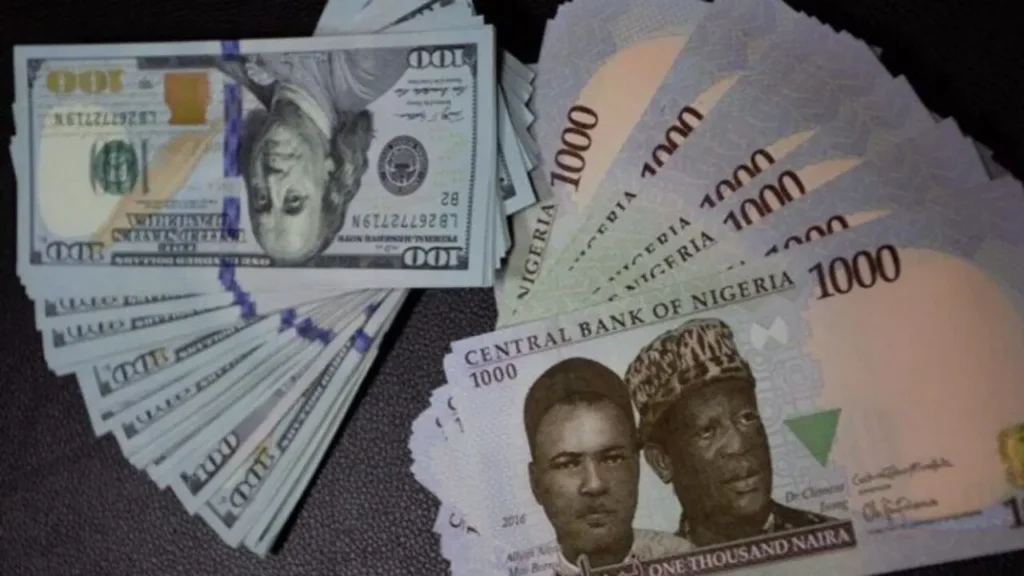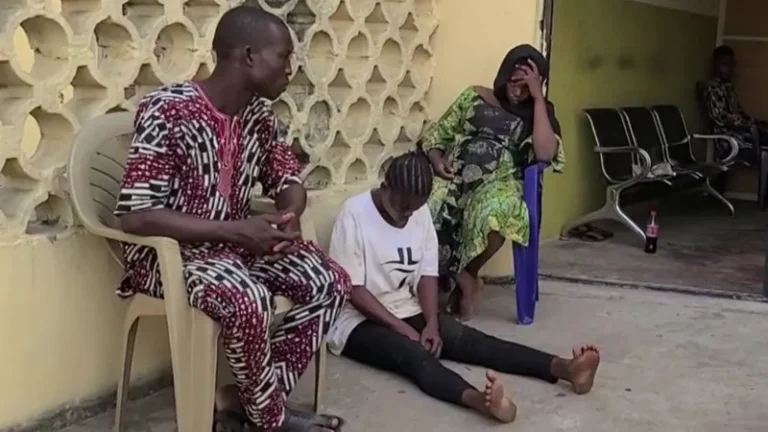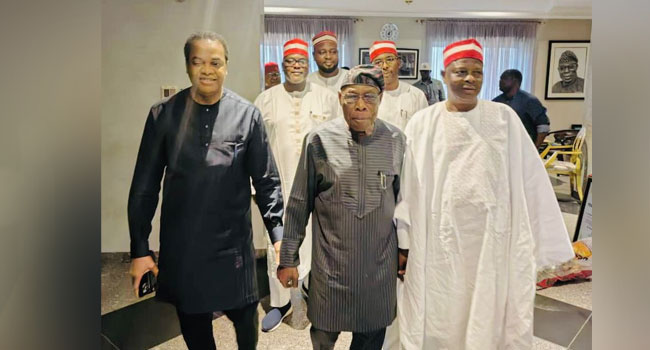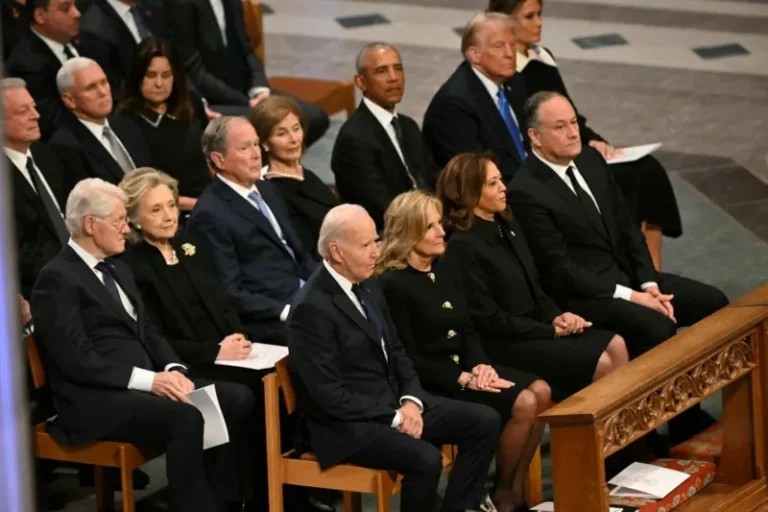

The recent significant appreciation of Nigeria’s currency, the Naira, against major global currencies is being attributed to the newly introduced foreign exchange market system by the Central Bank of Nigeria (CBN). According to bankers, the Naira’s gains can be traced back to the implementation of the Electronic Foreign Exchange Matching System (EFEMS), which officially launched on Monday.
In a circular issued to banks, the CBN announced that the Bloomberg BMatch would serve as the EFEMS for forex trading, effective from December 2, 2024. The central bank urged banks to collaborate with Bloomberg representatives to ensure a smooth onboarding process and resolve any technical or operational issues swiftly.
The CBN also emphasized its regulatory role, stating that it would use its authority to ensure the system’s proper execution, with the potential for sanctions if necessary.
Notably, the Naira recorded its first five consecutive days of appreciation since May 2024, with the currency closing at N1,535 and N1,555 to one US dollar in the official and parallel (black) markets, respectively, by the end of last week.
The Influence of the New e-Forex System
A bank executive, speaking anonymously to Vanguard, offered insights into the impact of the new forex system, stating: “The system appears to be functioning well and seems to be achieving its objectives. It provides real-time visibility into the market, allowing participants to see where it stands.”
The executive noted that people are placing orders on the system, facilitating trade matches and contributing to market transparency. He added, “It looks promising, and since its introduction, the Naira has strengthened. The Central Bank of Nigeria (CBN) has also intervened using the system.”
While optimistic, the executive cautioned that only time would reveal whether the Naira’s appreciation could be sustained. “However, there will likely be an eventual market equilibrium,” he predicted.
Following the system’s rollout, the gap between the parallel market and the NAFEM rate narrowed significantly, dropping from N118 per dollar to just N20 per dollar by the close of trading last weekend.
Data from the Central Bank of Nigeria’s Daily Nigerian Foreign Exchange Market (NFEM) revealed a notable gain in the Naira, which appreciated by N168, or 9.8%, from the previous week’s closing rate of N1,720 per dollar—marking the largest weekly gain this year. However, according to data from FMDQ, the Naira had experienced a sustained depreciation earlier in 2024, falling from N907.11 per dollar in January to N1,520.4 per dollar in May, further slipping to N1,603.8 per dollar in July and N1,730 per dollar by October. The trend reversed in November, with the Naira hovering around the N1,600 mark.
In the parallel market, the Naira’s depreciation was more pronounced, hitting a low of N1,775 per dollar by the end of November 2024.
Insights from Black Market Operators
Black market traders have observed that the ongoing daily appreciation of the naira in the parallel market is driven by the increased availability of dollars, which has made it difficult for individuals to sell their currency.
One operator, Mr. Yakubu Giwa, shared his perspective: “Today (last Saturday), the naira stood at N1,500 per dollar. We black market traders are struggling to sell what we have bought.”
He attributed the naira’s current appreciation to several factors, including the return of Nigerians in the diaspora and increased spending by locals on food items and other preparations for the festive season, a trend seen every year during this period. He also pointed out that many in the diaspora are sending money home, contributing to a surge in inflows.
“People holding dollars are bringing them out because of the intense appreciation happening now,” Mr. Giwa said. “But many are unable to sell them because traders are still struggling to sell their own stock. The dealers are also wary of taking losses, as the naira could appreciate further to N1,300 or N1,200 per dollar before next weekend. As a result, they are being cautious in their dollar purchases.”
In addition to the dollar, the exchange rates of other foreign currencies, as well as the prices of commodities like gold, are also declining.
Mr. Umoru Yahaya, another black market trader and gold seller, noted: “Apart from the naira’s appreciation against the dollar, it is also strengthening against the pound sterling, euro, and other currencies.”
He explained that the exchange rate for the British pound, which was N2,200 the previous day, had dropped to N1,700 by last Saturday. Similarly, the price of gold, which was N150,000 per gram two weeks ago, has now fallen to N120,000, with projections suggesting it could drop further to N115,000 per gram. Silver prices have also plummeted, with the cost per gram now at N20,000, down from N50,000 just two weeks ago.
Mr. Yahaya added that those holding dollars are finding it difficult to sell, as the ongoing appreciation puts pressure on the market. “We are all cautious about the quantity of dollars we buy, as we don’t want to end up on the losing side,” he said. “This morning, the dollar traded as low as N1,500 per dollar, and by the end of the day, it might fall to N1,450 per dollar.”







